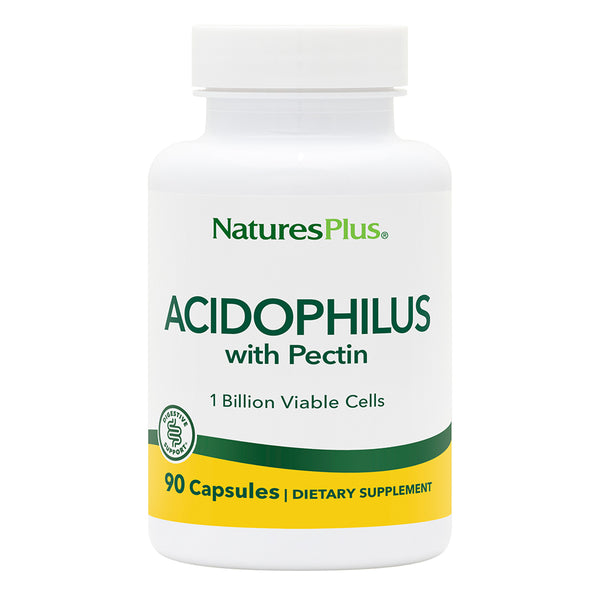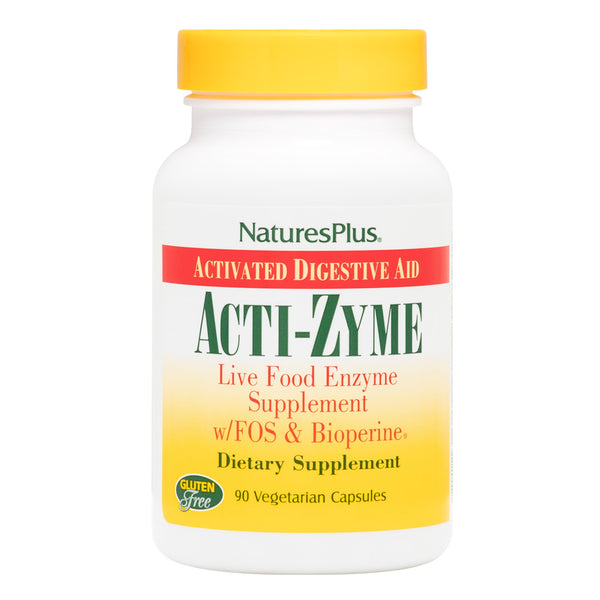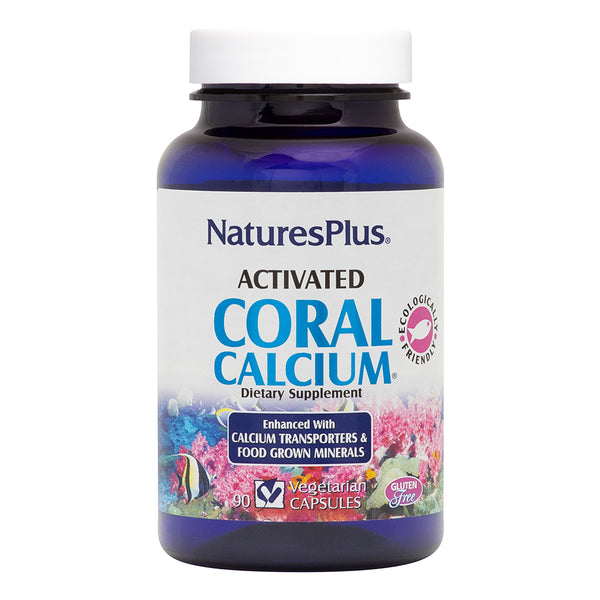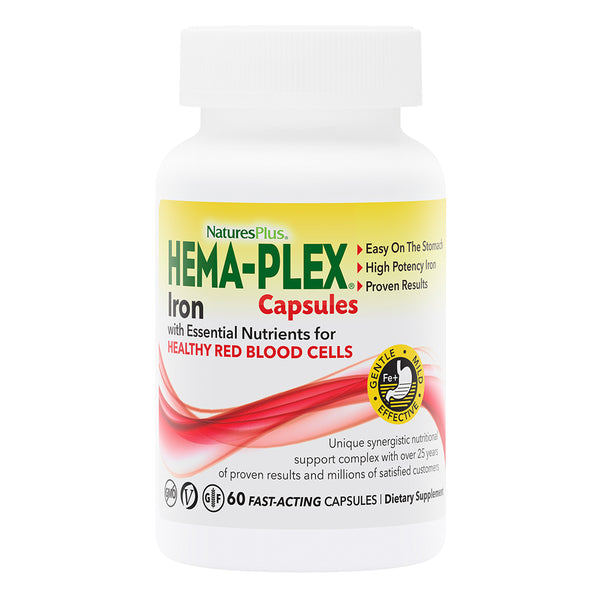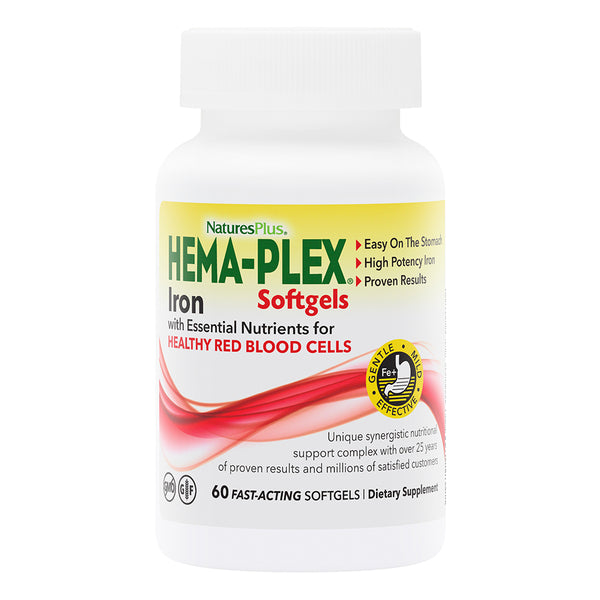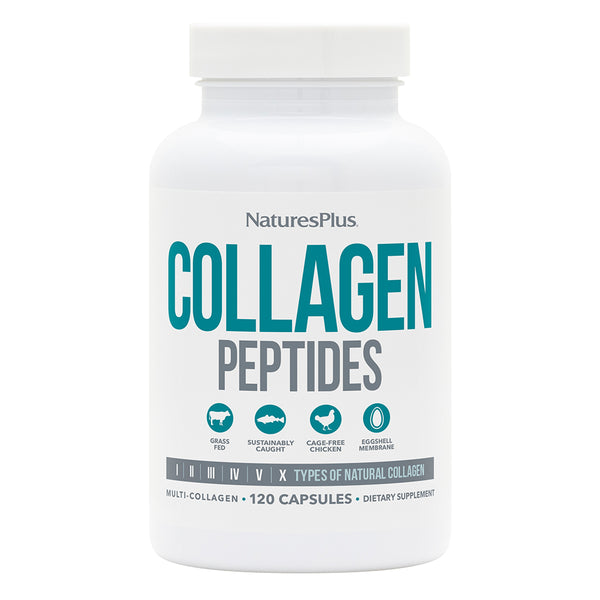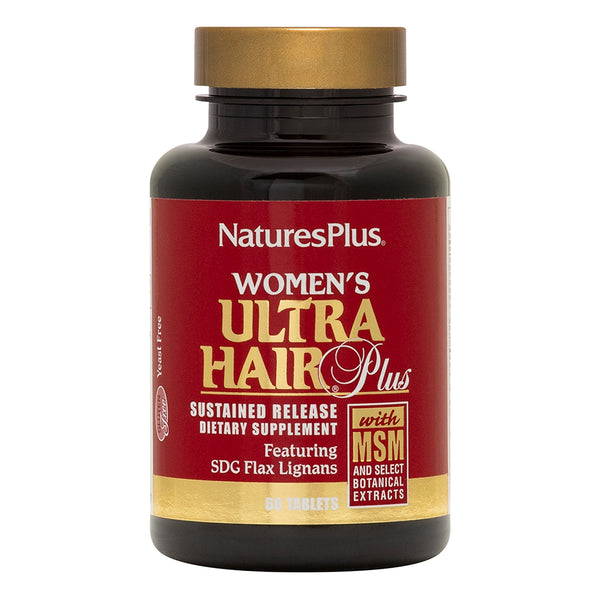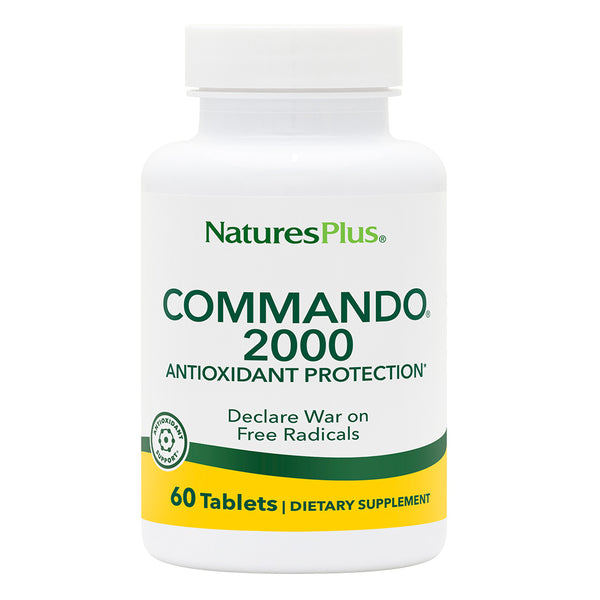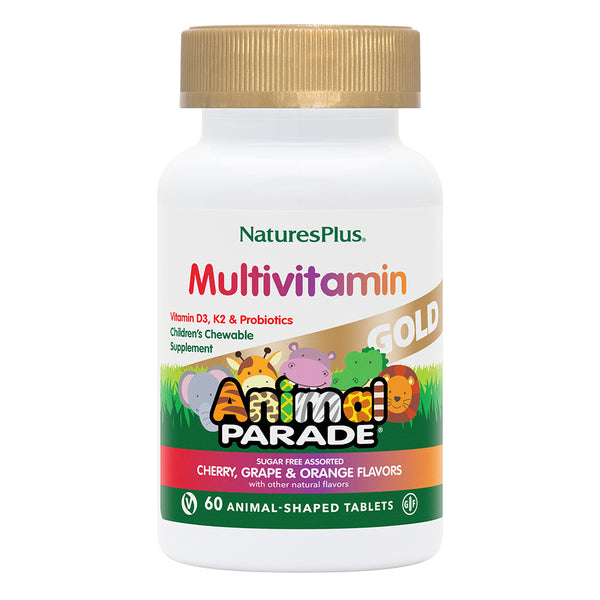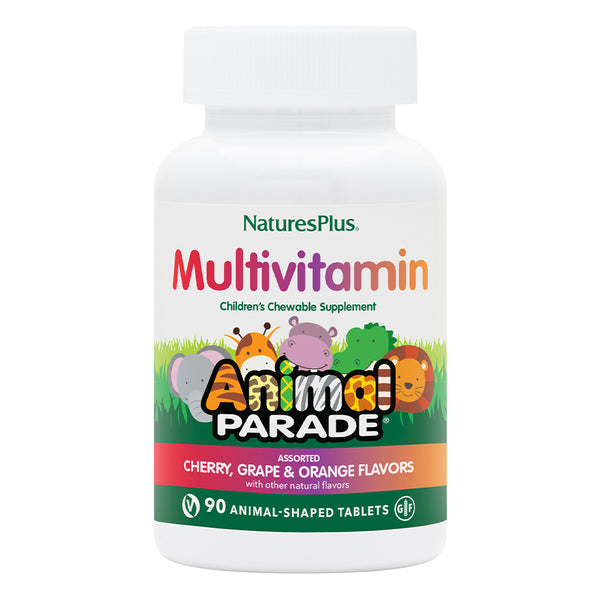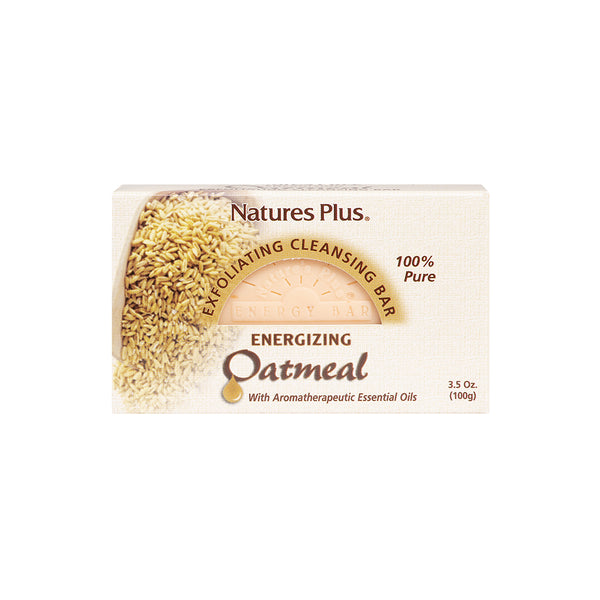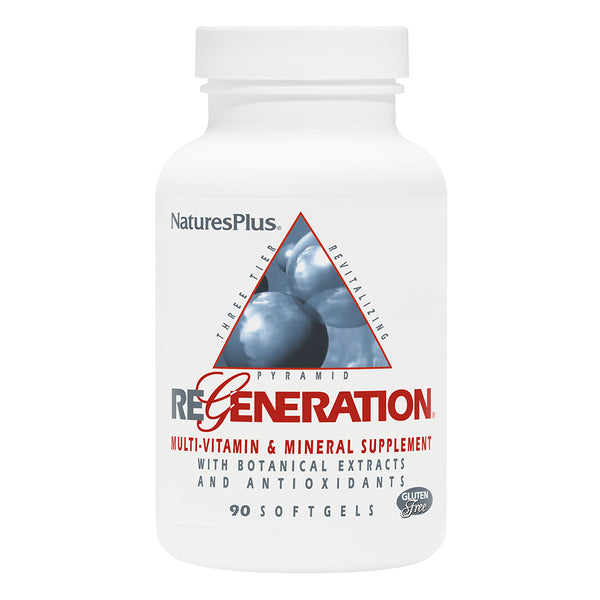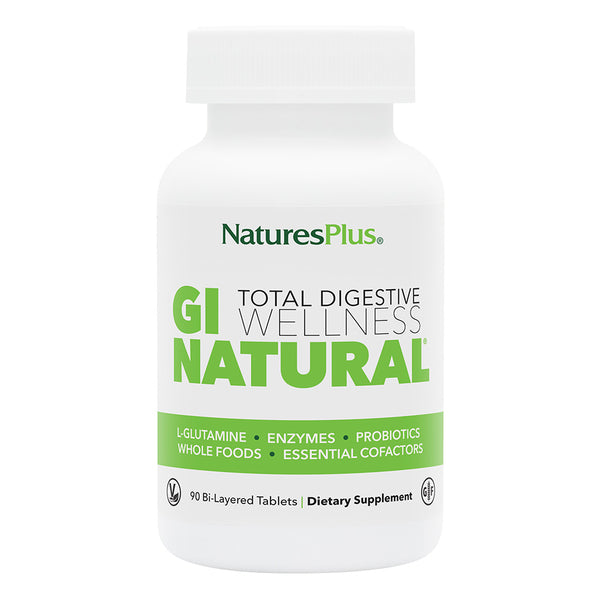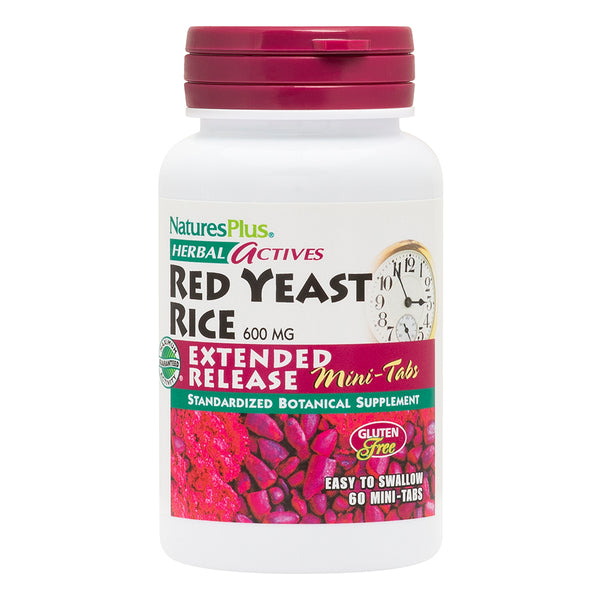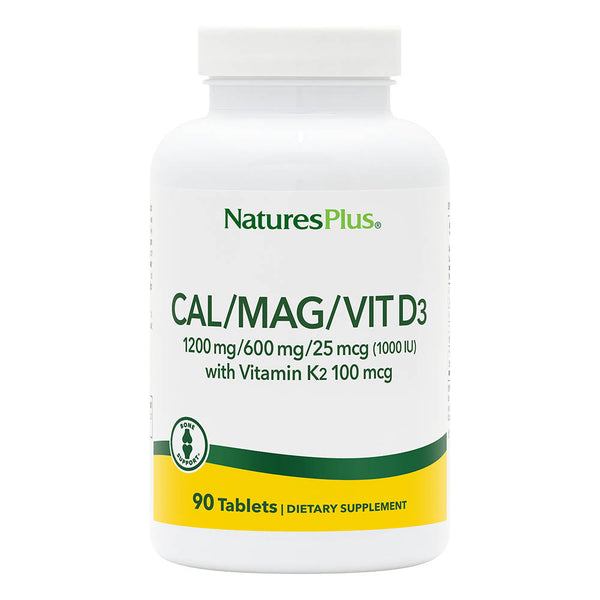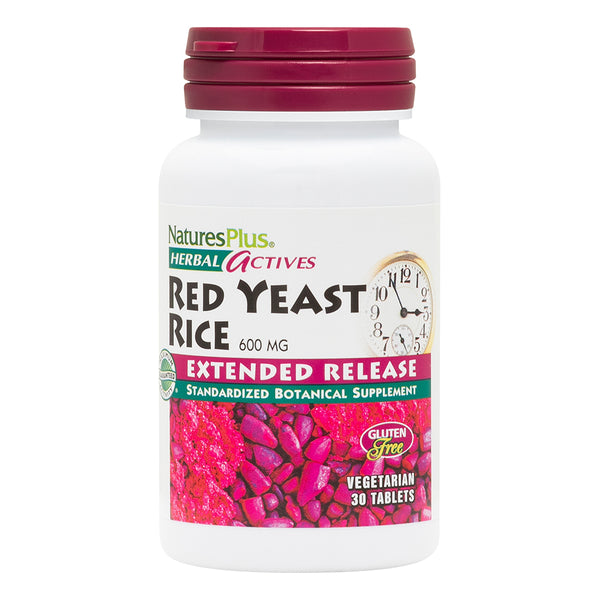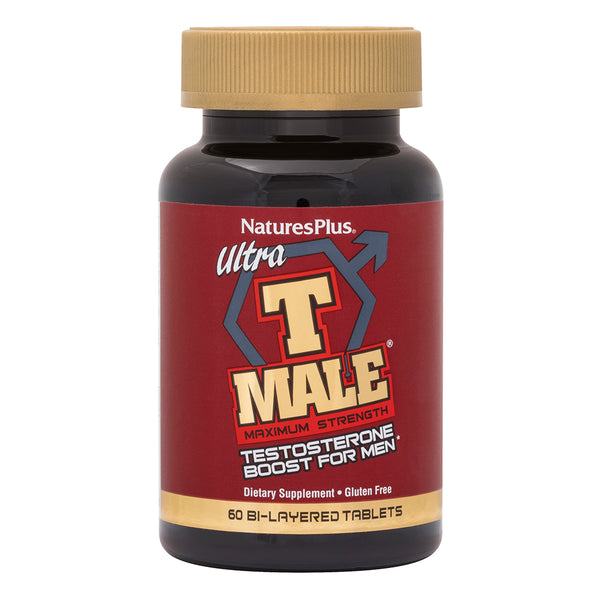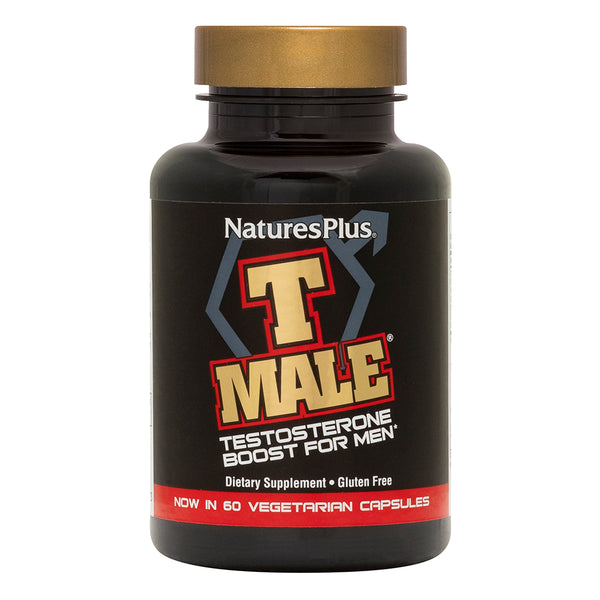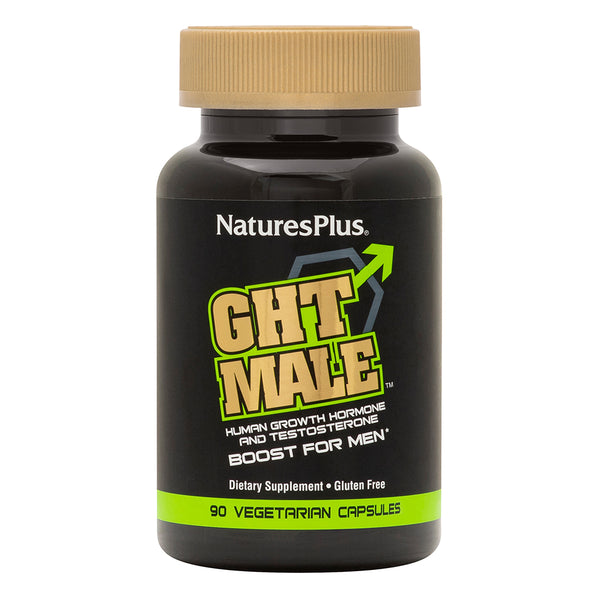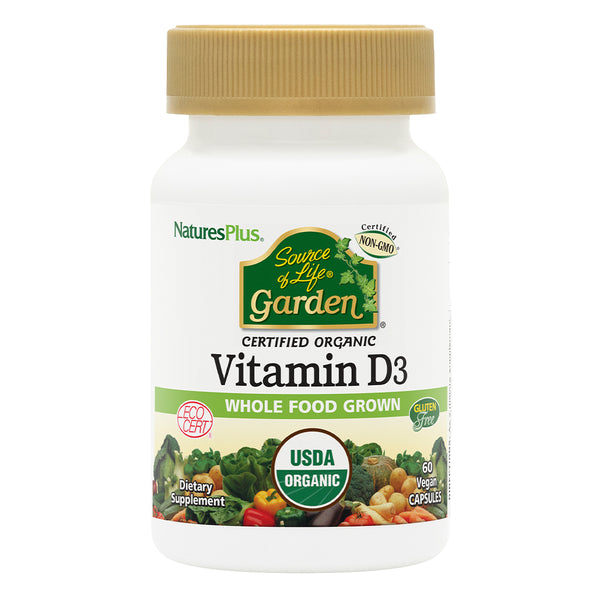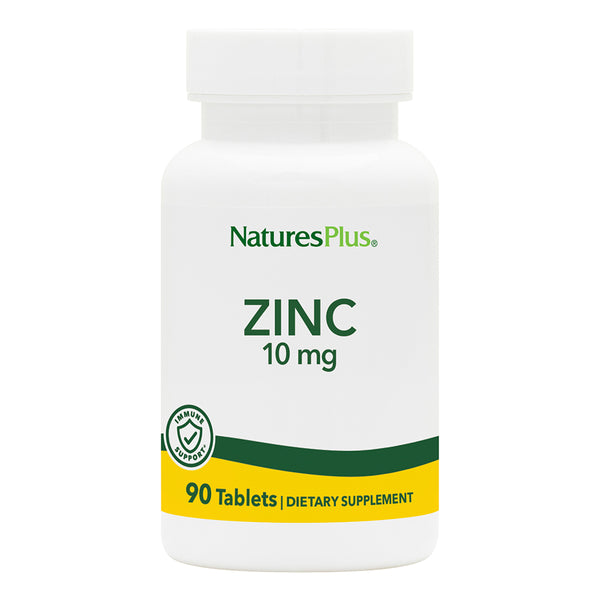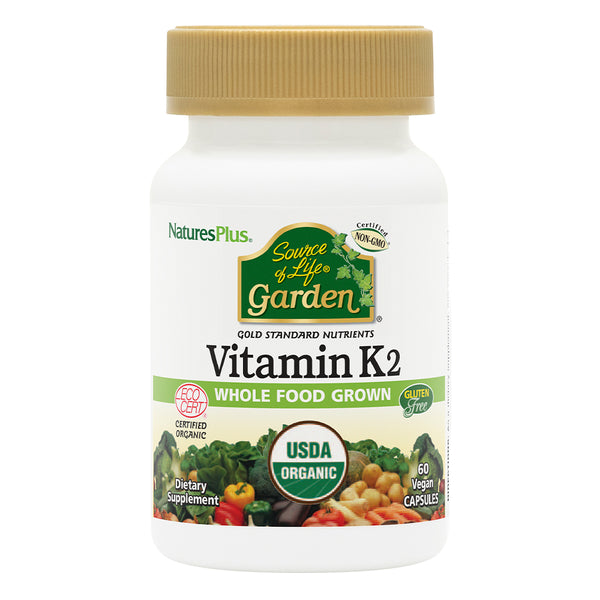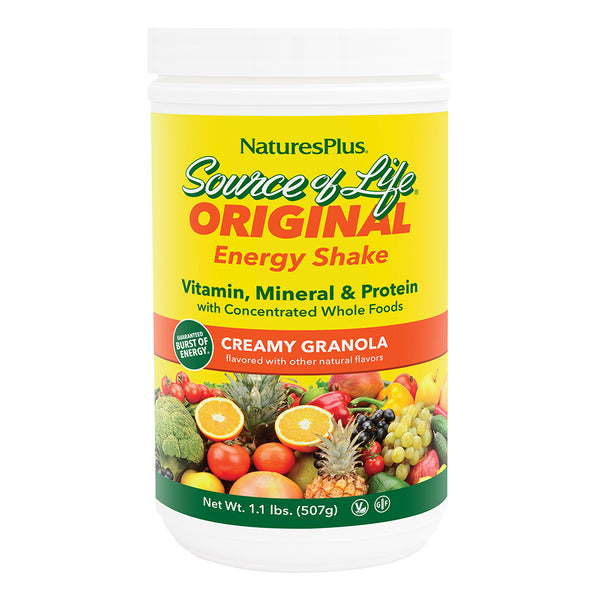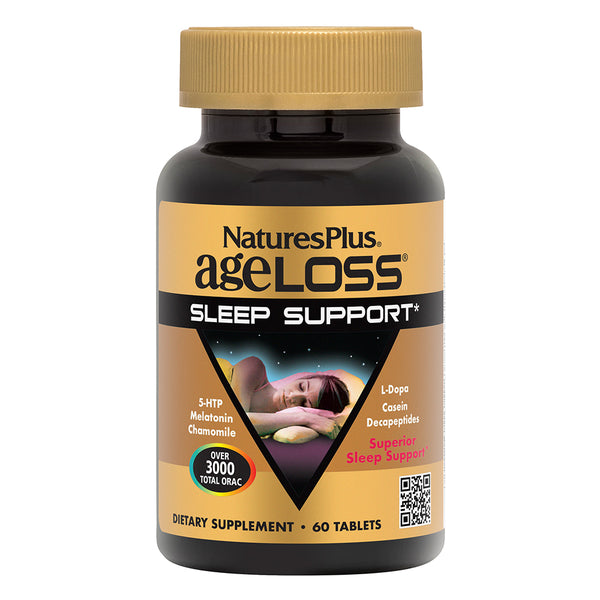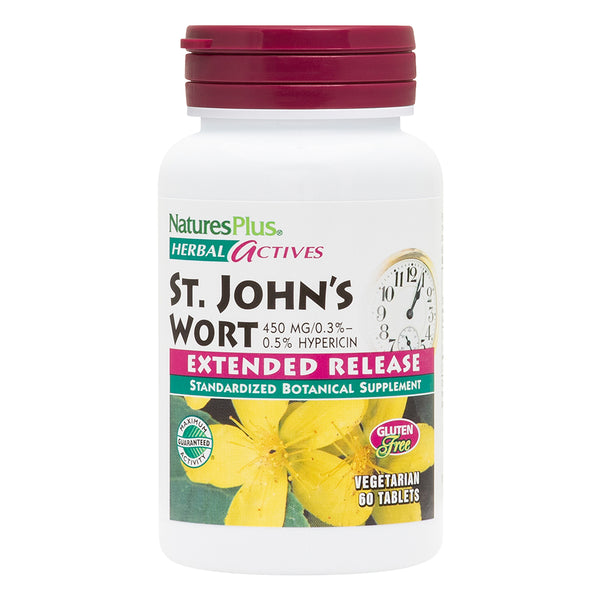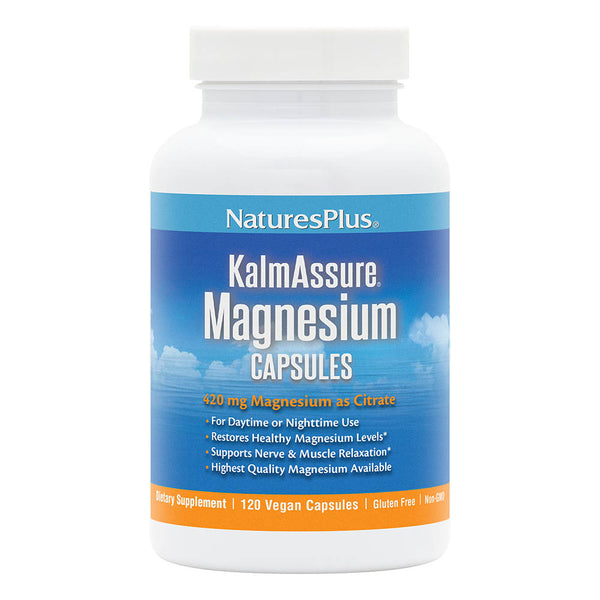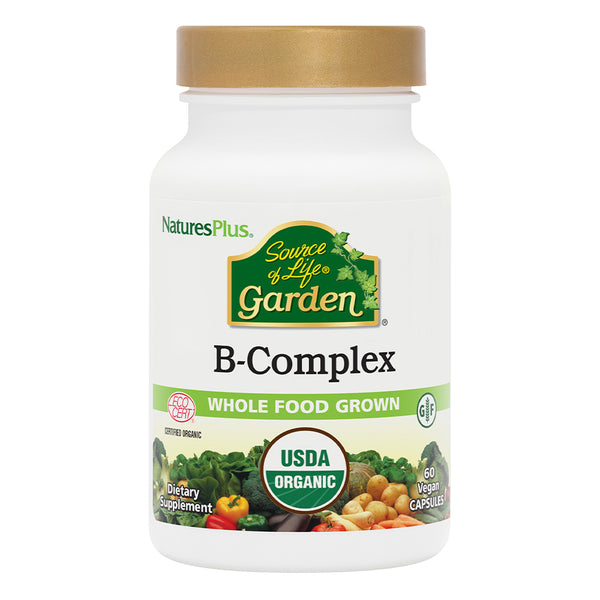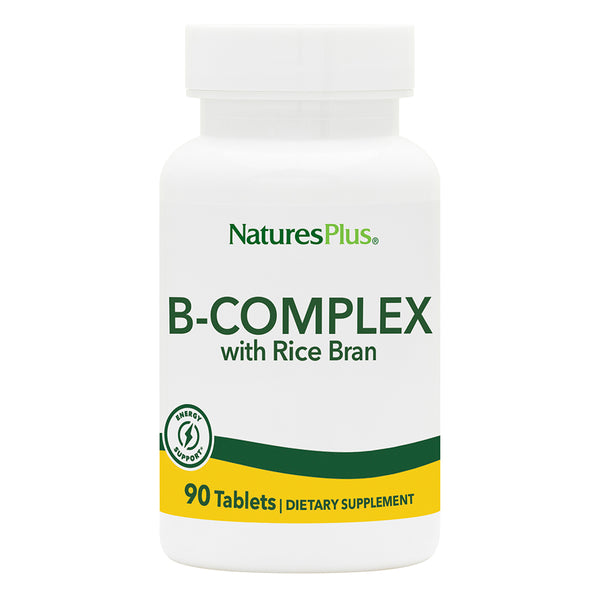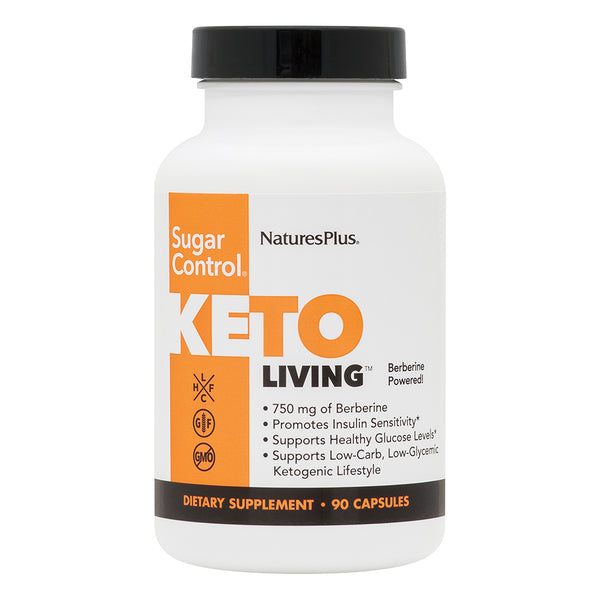Whether you’re a health nut who wants to get extra nutrients, or you’re looking for a refreshing new drink, chances are you’ve come across cold-pressed juice and cold-brewed coffee. Cold-processing is rapidly becoming a hot food trend that has consumers opting for better-tasting and more nutritional juices, coffees, and oils. And let’s not forget about cold-pressed oils, which are becoming increasingly popular as well and are a lot more common than you may think. Read on to learn more.
The hot and cold-pressed coffee debate
If you’re like most coffee drinkers, then you want your first “cup of joe” hot, and you want it fast. After all, the first cup is the best cup of the day – not to mention you need your caffeine fix. If you think waiting for your morning coffee feels like an eternity, then you’ll have to pack more patience for a cold-brewed cup.
Not to be confused with iced coffee, which involves pouring hot coffee over ice, here are some ways cold-brewed coffee differs from hot-brewed:
- Coffee grounds are steeped in room temperature or cold water.
- It takes 12 hours or longer to brew (coffeehouse coffee can take up to two or three days).
- The longer extraction process increases caffeine content when compared to hot-brewed. (Those who have high blood pressure should avoid drinking cold-brewed coffee as caffeine may have the potential for creating a spike in pressure.)
- This may not appeal to those who enjoy a steaming cup of coffee.
Benefits of cold-brewed
Despite the longer process and higher price tag of cold-brewed coffee, consumers can’t fill their cups fast enough to take advantage of the many benefits cold-brewing has to offer. Not a coffee drinker? You just may become one after trying a cup of cold-brewed. If you’re on the fence about making the switch, here are some things you should know about cold-brewing:
- This coffee has a mellow, sweet taste with floral notes.
- It is less bitter than hot-brewed coffee.
- Eliminates the use of hot water, reducing the amount of acids that can cause stomach irritation.
So, what’s the best way to enjoy cold-brew? Since its naturally sweet, you can skip the sugar and just add milk, or drink it black. Whichever way you choose, drinking cold-brewed coffee is a fun and healthy way to switch things up.
Healthier juice
Cold-pressed juices are popping up on shelves across the country, but do you really know what you’re drinking? Now that you know about cold-brewing, it’s time to get caught up on the health benefits of the cold-pressing process.
Unlike traditional juice processing, where heat can destroy beneficial enzymes and vitamins, cold-pressing doesn’t use any additional heat, so all the nutrients stay where they need to be – in the juice. Here’s a quick rundown on how the process works:
- First, the fruits and vegetables are crushed into a pulp. Then, a hydraulic press uses thousands of pounds of pressure to extract the water out of the pulp, yielding fresh juice.
- Most cold-pressed juices sold today undergo a pasteurization method called high pressure processing (HHP), which kills pathogens and increases shelf life to 30-45 days, unlike unpasteurized raw juice which only has a shelf life of three-to-four days. (Raw unpasteurized cold-pressed juice may contain microbes that can pose a serious health risk to young children and pregnant women.)
Here are some ways cold-pressed juice differs from traditional juices:
- Pulp-free, making it easier and smoother to drink.
- Helps retain valuable nutrients.
- Tastes fresher.
- More nutritious than traditionally-processed juice.
- Produces about 40% more juice than traditional high-speed machines.
- Shorter shelf life.
Most would agree a more natural process creates a healthier product, making cold-pressed juices the go-to drink for a nutrient-packed “pick me up” for any time of day. Here are some of the possible health benefits you may gain by drinking cold-pressed juice:
- Healthier digestive tract
- More energy
- Healthier, glowing skin
- Targets areas of the body that need it most
- Pre-digested (recommended for cancer patients)
Healthy oils
Have you shopped for oils lately? It seems there are new varieties of cold-pressed oils cropping up on shelves every week, ranging from nuts and seeds to fruits and olives. But what makes them different from traditional oils?
Here are some ways cold-pressed oils compare to traditional oils:
- Extraction process help retain flavor and aroma when compared to bland heat processed oils.
- Yields less quantity when compared to cold-pressed juice, which makes them more expensive.
You don’t have to be a culinary wizard to know about oils. In fact, you would be hard-pressed not to hear about their health benefits as part of today’s popular Mediterranean diet.
Cold-pressed oils may cost a bit more, but a little goes a long way when it comes to flavor. To extend the shelf life of your cold-pressed oils, experts say to keep them refrigerated after opening, especially nut oils like walnut and pumpkin seed, as two examples.
If you’re looking for a fresh way to up your nutrition game, then now is time to join the “cold-pressed trend” and taste the difference so many consumers are raving about. Contact us to learn more!
Like this article? You’ll love our weekly newsletter
sign up here!
**These statements have not been evaluated by the Food and Drug Administration. This product is not intended to diagnose, treat, cure or prevent any disease.
